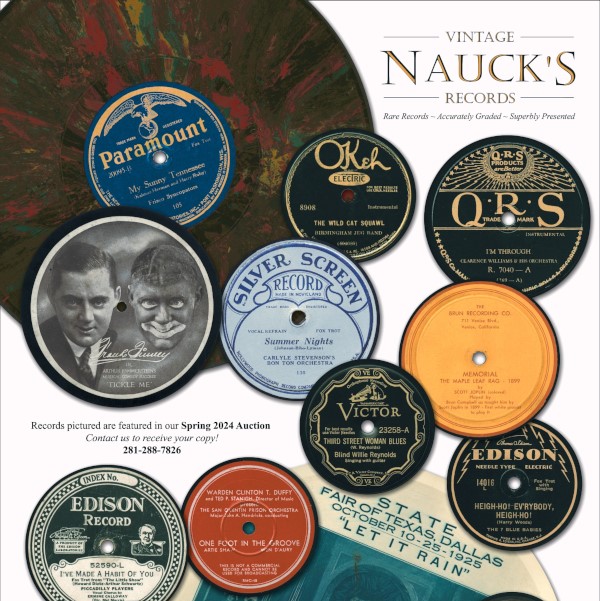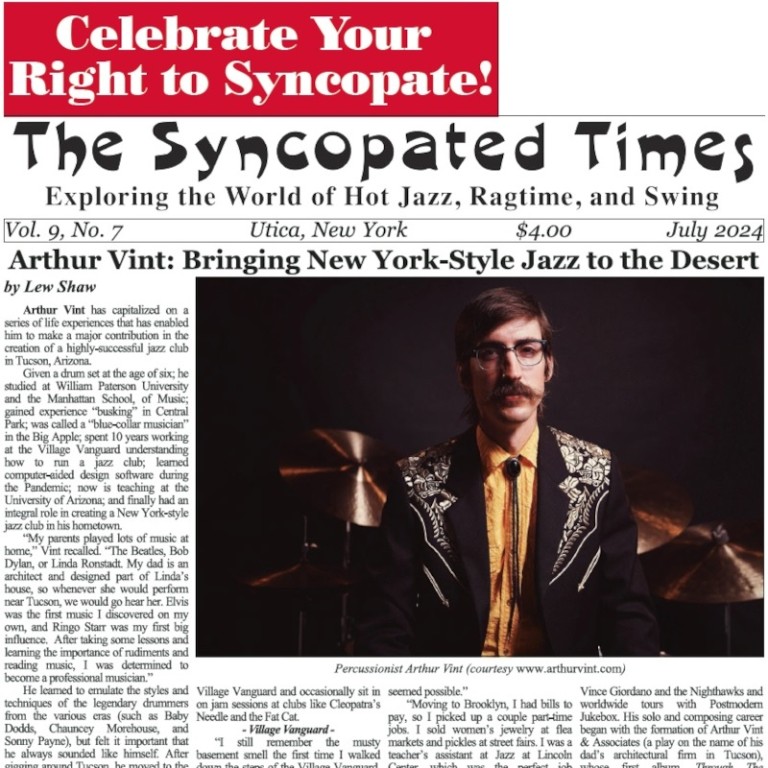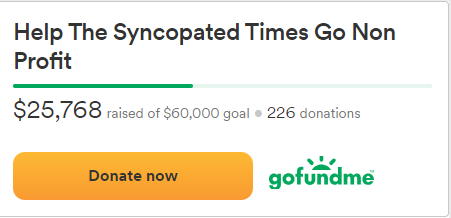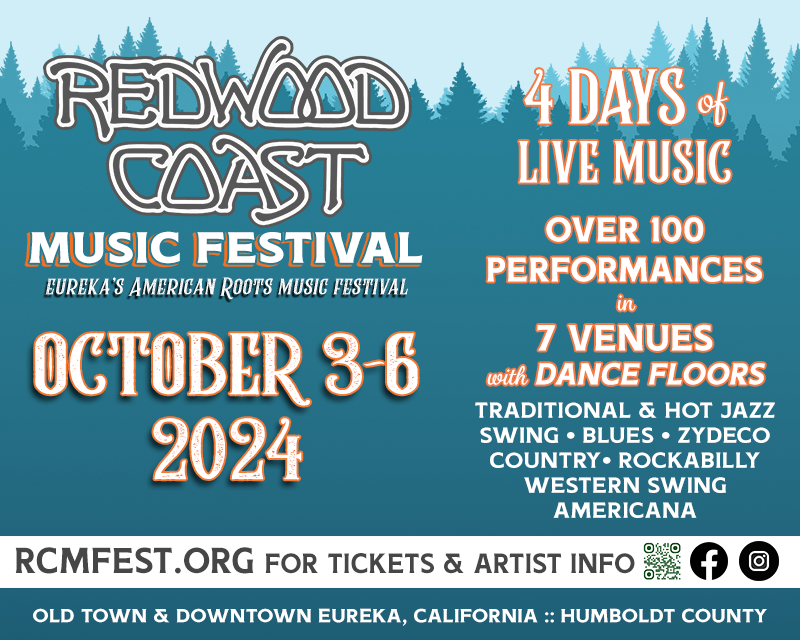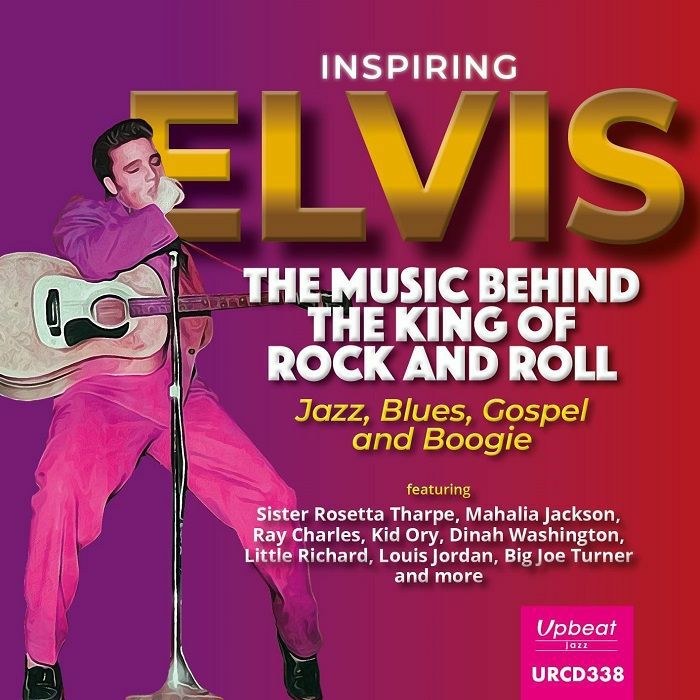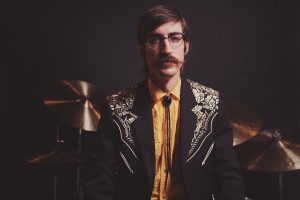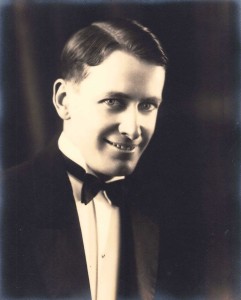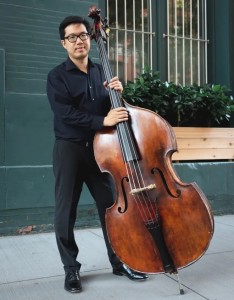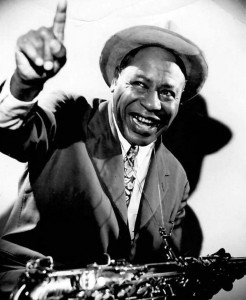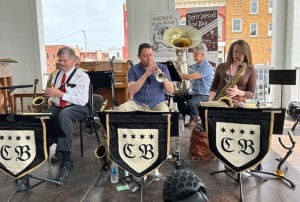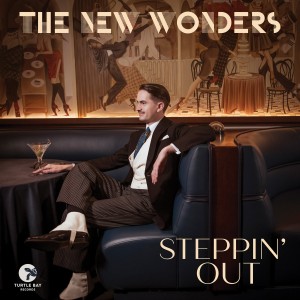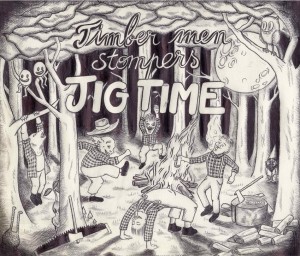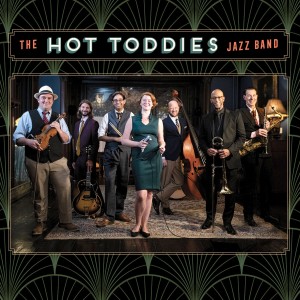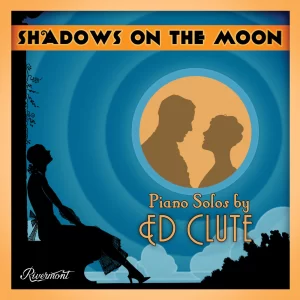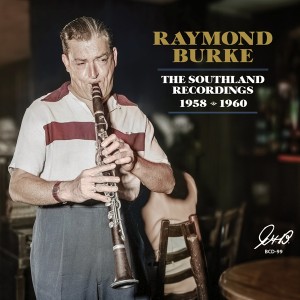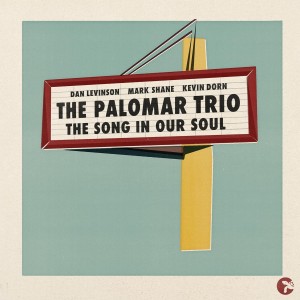New Orleans jazz and brass band music in the ’70s
Ellis Marsalis once stated that “In other places, culture comes down from on high. In New Orleans, it bubbles up from the streets.” And the sounds that you can hear from on the street and emanating from the open doors of the bars reflect the culture of the city as it is and as it changes. In the late ’70s, Bourbon Street still had claim of venues like the Paddock Lounge, the Famous Door, the Mardi Gras Lounge, and current lingering favorites such as the Maison Bourbon and Fritzels. Only some years after the era of jazz stars owning their own clubs, many local legends still ran steady gigs most nights of the week, bandleaders such as Jack Willis, Alvin Alcorn, Lou Sino, Frog Joseph, Freddie Kohlman, and Bob French. At as a teenager, Craig Klein would head from the suburbs into the French Quarter to peer in as these greats lead their configurations regularly.
“Well, I first started going down there in the ’70s. When we were teenagers, we used to go to Pat O’Brien’s because that was the cool thing to do. We would go in there and sip on our Hurricanes. When I came out of there, they used to open up the shutters behind the drums so you could look in through the glass at Preservation Hall, to get people to look and want to come in. Every time we went to the Quarter, I’d get a drink and leave my friends to stand in that window. If I had the extra three dollars, I’d go in, and that was my first exposure to real Traditional Jazz. We used to walk up and down Bourbon Street and listen to this great music coming out of the clubs. The clubs slowly changed the style of music and took the jazz out and put in the rock cover bands.”
At about the same time, there was Gerry Dallmann, Craig’s uncle, who only seven years his elder. Co-founder of The Storyville Stompers Brass Band and the reason Craig plays trombone. Seeing him play in more Dixieland style outfits and hearing Gerry play “Muskrat Ramble” was his first memory of hearing the repertoire. Upon graduating high school in 1978, Craig was playing in big band and jazz band leading into college. In 1980, he’s playing top 40 and funk and attending Southeastern University. Uncle Gerry calls him to play in the brass band the Pair-A-Dice Tumblers with Wesley Schmidt, at one time the proprietor of now famed jazz dinner club Snug Harbor, and longtime Grand Marshal of the Storyville Stompers.
“Every once in a while, when you’d hire the Tumblers for a party, we’d be so obnoxious they’d ask us to leave. That was the MO of it all. Eventually, more seasoned players began joining in on the fun, and Rico saw a market to start a band out of that, which was the Storyville Stompers. In 1981, we modeled ourselves after the Olympia, how they dressed, and even how they put their pins on their hats like they used to do. We thought they were the biggest stars in the world, which they were. We idolized them, hung around them, and they kinda brought us in. Even to the effect that, in 1986, we made our first Storyville Stompers record, Be Jubilant, My Feets, recorded at SeaSaint Studios (Allen Toussaint), and Milton Batiste, the trumpet player from Olympia, produced and played on it. We just kept going, and that’s when my love for Traditional Jazz just blossomed.”
A career in music
In 1990, Craig gets a call from Harry Connick Jr’s & Ben Wolfe, Harry’s bass player, under the recommendation from his friend, Lucien Barbarin. Craig auditioned over the phone and got the gig. Having just done the Grammy Award winning We Are In Love, Connick assembled a big band to take on the road, with half New Orleans musicians and half New York musicians. Over these years, Connick’s band is flush with peers from his hometownMark Braud, Louis Ford, Shannon Powell, Leroy Jones, Mark Mullins, and Lucien, all New Orleans natives with whom Klein regularly performs with to this day.
While home from the road, he helped start The New Orleans Nightcrawlers in 1994, initially a brass band writers workshop with other New Orleans staples such as founding members Matt Perrine and DUKES of Dixieland alum Kevin Clark and Tom McDermott, and members such as Evan Christopher, Rick Trolson, and the recently departed Kerry “Fatman” Hunter. The Nightcrawlers were inspired heavily by and modeled after the Dirty Dozen Brass Band, which had in turn been inspired by Danny Barker’s Fairview Baptist Church Marching Band, a youth music program which has turned out many of New Orleans’ jazz luminaries of today, such as Wynton and Branford Marsalis, Dr Michael White, Herlin Riley, Gregg Stafford, Tuba Fats, Shannon Powell, Lucien Barbarin, Kirk Joseph, to name just a few.
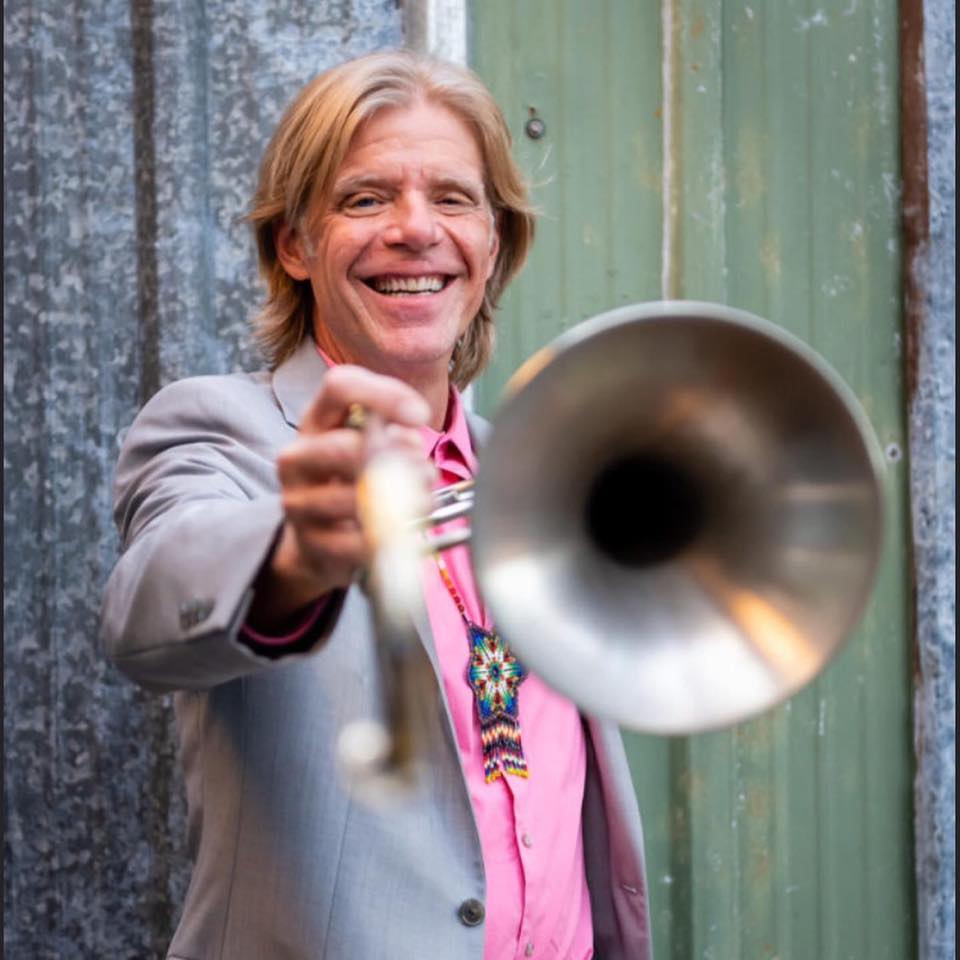
Whilst on one of these Connick tours, inspiration struck Klein from an unexpected place the celebrated NYC jazz club The Village Gate. There on Monday nights at the time was a program called Salsa Meets Jazz with noted salsa band Manny Oquendo y Cunjunto LIBRE, a large band that featured five trombones in the horn section, and the power of the brass section sent Klein into a dream of imagining his own New Orleans traditional jazz band that featured the trombone as the melody, clarinet part, tailgate, and bass trombone. The initial inception of the band was a powerhouse called BoneramaKlein, Fred Lonzo, Lucien, Corey Henry, Brian O’Neil, and Steve Suter. “The trad thing influenced Bonerama maybe only in the collective improvisation stuffcollective improvisation can be tricky, a lot of people, especially young musicians want to overplay, and it took me a long time to figure out what not to play. Klein left Bonerama in 2021 to get back to his roots in traditional jazz.
The jazz resurgence post-Katrina
“I started playing with The (New Orleans Jazz) Vipers in 2008 or so, when I was playing and touring with Bonerama a lot. It seemed like all of my traditional gigs were drying up people were not calling me, and I was getting known for doing this other thing, so I started hanging around the Spotted Cat. I wanted to get in that world again. That was when the Vipers had just split up and Joe (Braun) owned the name. The Vipers aren’t really traditional when you look at it, it’s really a swing thing. That’s what Joe wanted when he started it, he kind of created a movement here. There weren’t really any bands here swinging like that before, drumerless, guitar, bass, piano, playing that old school Kansas City swing. After that, a lot of bands started up without the drummer, and became a model. They say that no drummer is better than a bad drummer as a rhythm player, if you get with a bad drummer, your back hurts when you come off of a gig!”
Passing the torch
Historian and author Ned Sublette once observed, “A second line is in effect a civil rights demonstration. Literally, demonstrating the civil right of the community to assemble in the street for peaceful purposes. Or, more simply, demonstrating the civil right of the community to exist.” Craig Klein lives this. In New Orleans, you learn this early on, just as he did with the Pair-A-Dice Tumblers, over four decades ago, and carries on with after over 6,000 performances with the Storyville Stompers Brass Band. We’re living in days where civil rights and protests are at the forefront of social thought, and yet New Orleans remains a shining example of the existence of what can happen amongst a strong community.
“That was one thing when I first started playing in second lines with some of the bands in black neighborhoods. You’re playing in those things and you get lost where you are, and you look up and go, ‘where am I?’ You’re just looking at all of this beautiful old, decrepit, and realizing, wow, this is just what Louis Armstrong did when he was 14, 15. It just keeps going around still, to this day. The tradition is still tight here, and it’s our mission to keep it tight like that. It’s up to us to really push this traditional music on the younger musicians. We see a lot of new people move in and love this music, embrace it whole-heartedly. Sometimes they don’t go out and search the New Orleans stuff too much that’s a whole other subject but they still know all these tunes, deep diving into it. It’s necessary now maybe more than ever. We used to have a lot of junior bands, Olympia Brass Band, Preservation Hall had a Junior band. With Milton Batiste, they had Tanio (Hingle), Fatman (Hunter), Jeffrey Hills, they all came out of that, and it served the purpose of teaching these guys traditional Brass Band music. Tanio still tells the story, one day, when we were at Milton’s house and started practicing some funk stuff, he came in, took our instruments away and told us to get out of here, kicked em out. And he went back and said, okay we won’t do that anymore. It was traditional only, we didn’t want any of that.”
Looking forward
Craig Klein has a lot to look forward to in 2024. New Orleans in this era is a town of weekly gigs, and he keeps a Monday/Wednesday/Friday regularity. On Monday’s, he’s found with the New Orleans Jazz Vipers, who since the pandemic have begun a residency at the Royal Frenchmen Hotel. It’s swiftly become a scene, flooded weekly with the robust swing dance vibers and many up-and coming locals and visitors alike, who will often come to shed a tune with the generous, swinging band. The Vipers’ most recent release is 2020’s Is There a Chance For Me?
On Wednesdays, he keeps four sets at New Orleans’ old faithful Preservation Hall, with a band that features Preservation Hall legacy members Mark Brooks, Rickie Monie, Joe Lastie, and newer staples Christian Withers and Brandon Lewis, who is currently at the helm of the trumpet chair with the Preservation Hall Jazz Band.
The Friday night band at the Palm Court is very much where his heart is at. While he did fill in with this band over the years, he stepped into his role as regular trombonist in the time between his friend Lucien Barbarin’s death and the Covid-19 pandemic. In May of 2024, they went into the studio and recreate some of the magic that was happening every Friday at the Palm Court up until the close of the venue that summer. In addition to Craig, the band features trumpeter Kevin Louis, clarinetist Tom Fischer, saxophonist Connor Stewart, pianist Mari Watanabe, bassist James Singleton, drummers Glen Andrews and Shawn King, and vocalist Yolanda Robinson.
In 2021, the New Orleans Nightcrawlers were awarded the Grammy for Best Regional Roots album for their album Atmosphere, and this has been followed by their 2024 Grammy nominated release Too Much Too Hold. Tragically, Nighcrawler and Preservation Hall Brass drummer and bandmate died this year on Mardi Gras day in a hit-and-run. Whilst a dark moment for the band, there is joy in that his niece and protege, fourteen year snare drummer old Remi Evans, is starting to take the mantle of snare drum on select gigs.
The Storyville Stompers also celebrated a release in 2023 with Count Your Blessings, a gospel-heavy brass band album inspired by the Olympia Brass Band’s 1977 release In a Gospel Mood. The Stompers record features organist Rickie Monie, a former member of both the Olympia Brass Band and the Preservation Hall Jazz Band, and Yolanda Robinson and Kiki Chapman, daughters of Topsy Chapman.
Another next step for Klein is to prepare his next solo release. Whilst with his band Bonerama, he contributed many original songs, and now, having had time away from the trombone-heavy rock band, he’s ready to return to some of his material and reshape and reimagine them stylistically, in ways that are new for him.
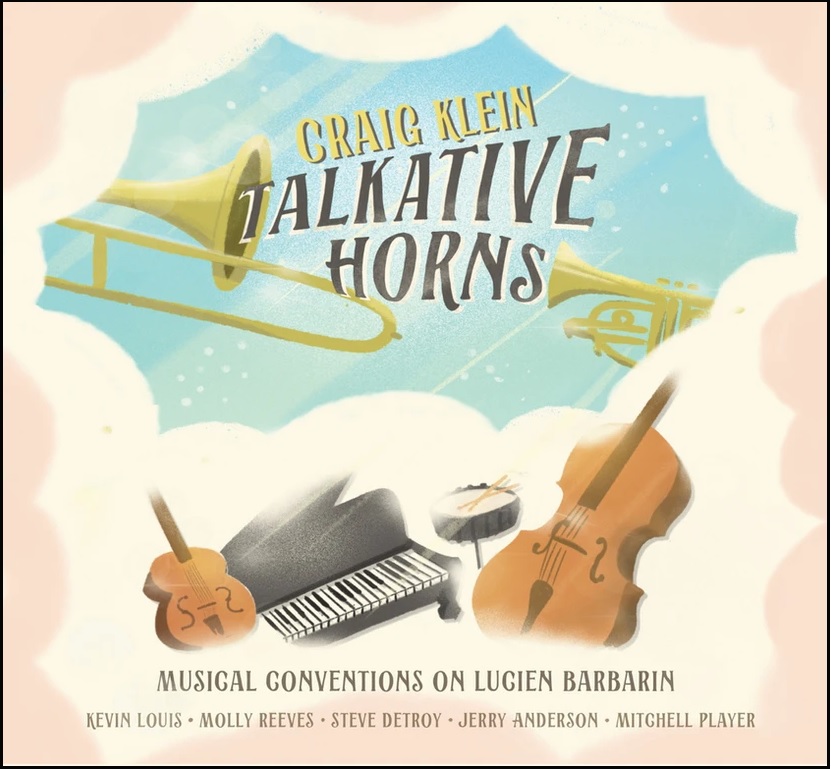
Klein’s most recent solo release, 2021’s Talkative Horns, on local Threadhead Records, is a dedication to his friend, the great New Orleans trombonist Lucien Barbarin, who died of cancer in 2020. Before Lucien fell sick, they had been in rehearsals to record a two-trombone gospel album. Talkative Horns is a tribute from Klein and trumpeter Kevin Louis as if they were talking to Barbarin. The thirty-five minutes of music is especially moving, as it features not only some of the gospel sound they were dreaming up, but several songs of which were songs that Barbarin cherished and was known for. Rounding out the band is Lucien’s nephew Jerry Barbarin Anderson, and the Jazz Vipers rhythm section of guitarist Molly Reeves, pianist Steve DeTroy, and bassist Mitchell Player. Speaking of his early days hearing Uncle Gerry and greats on Bourbon Street and at Preservation Hall, Craig remarked to me that he would, “listen to how the trombone is supposed to sound and play in this… it sounds like they’re talking to each other.”
“I look forward to sharing what I know with some younger musicians, and to help and inspire them to get more involved in traditional jazz, playing these tunes and learning how to look right. Pulling back some of this old element that is lost on the younger generation. I wouldn’t mind if that is the rest of my life’s project, along with playing music into an old age.”








